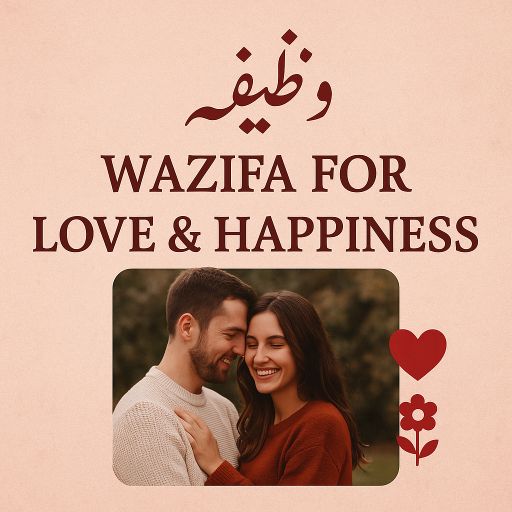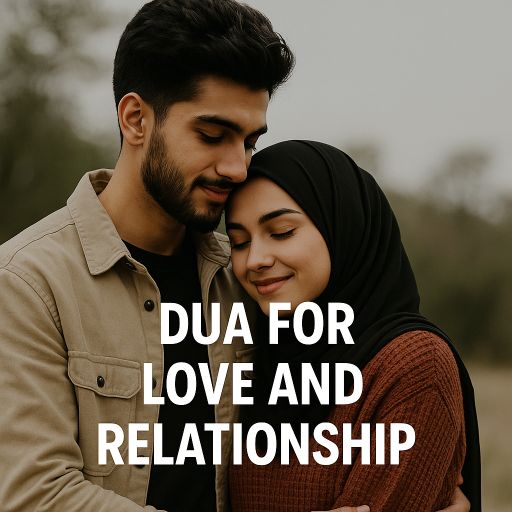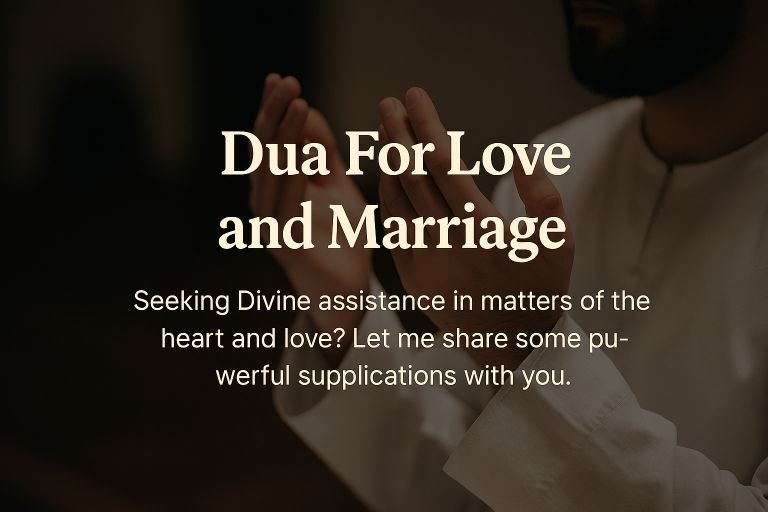Dua For Love And Relationship
I’ll admit it—there was a moment a few years back when I found myself pacing the living room at 2 a.m., scribbling a shaky dua on my phone, cheeks flushed, with the kind of hope you only get when your heart’s doing a little dance of “please … please …” I won’t lie: I felt exposed. But also full of trust. Because when you care about someone, when things matter, you reach for something bigger than yourself.
That’s what we’re talking about here: a real, raw dua for love and relationship. Not some polished, perfect version with no cracks—just genuine. If you’re reading this, you might have the same mixture of excitement + jittery nerves. You might be wondering: How can I bring more love? More peace? More connection? I get it.
Let’s walk through this together. And yes, I’ll bring in a few specific prayers you can use—because words matter. But more than the words, it’s the heart behind them.
1. Why offer a dua in the first place?
Because sometimes love isn’t just about the “good stuff” (buttered toast mornings, sunset selfies). It’s about the stretching moments—the disagreements, the silent treatments, the tears. Offering a dua means you’re saying: “I’m bringing this to You, please help.”
In Islamic tradition, there are specific duas for relationships that serve this role. For instance:
“رَبَّنَا هَبْ لَنَا مِنْ أَزْوَاجِنَا وَذُرِّيَّاتِنَا قُرَّةَ أَعْيُنٍ…” — Our Lord, grant us from among our spouses and offspring comfort to our eyes… (Qur’an 25:74) Ihsan Coaching+2yawadudu.com+2
What that says to me: you want peace. You want joy. You want a bond that’s more comfort than conflict. And you’re okay saying you need help.

2. My messy moment + what it taught me
Here’s the truth: the person I cared about and I were so close to drifting apart. You know the warnings — “communication breakdown,” “we’re just roommates,” blah blah. But there was one night: he left without saying goodbye, I threw one word back at him that I regretted instantly, and the silence was deafening.
So I did something I rarely do—I knelt (figuratively), breathed, and asked for help. I recited a dua for relationship guidance (like the one above), and then I spoke to my partner with glasses off—raw, honest, teary. “I’m scared we’ll lose us,” I said. And he said… “Me too.”
Whether the dua fixed everything? Nope. But it changed the tone. It reminded both of us of something: we were on the same team.
3. Specific prayers you can use
Here are a few heartfelt supplications you can lean into (feel free to translate into your own language in your head—they carry meaning no matter what).
- “رَبَّنَا لَا تُزِغْ قُلُوبَنَا بَعْدَ إِذْ هَدَيْتَنَا وَهَبْ لَنَا مِن لَّدُنكَ رَحْمَةً إِنَّكَ أَنتَ الْوَهَّابُ” — Our Lord, let not our hearts deviate after You have guided us and grant us from Yourself mercy. Indeed You are the Bestower. yawadudu.com+1
- “رَبَّنَا هَبْ لَنَا مِنْ أَزْوَاجِنَا وَذُرِّيَّاتِنَا قُرَّةَ أَعْيُنٍ وَاجْعَلْنَا لِلْمُتَّقِينَ إِمَامًا” — our “comfort for our eyes” prayer above. Ihsan Coaching
- A reminder: prayers for relationship aren’t just for “finding someone.” They’re for keeping someone. For healing. For deepening. duailm.com+1
4. How to incorporate this in your daily life (without guilt trip)
You don’t need to set aside three hours, tie yourself in knots, or feel like you’re signing a contract. A simple start:
- Pick a moment of quiet (5–10 minutes).
- Centre your thoughts: what is it you’re really feeling? Fear, hope, loneliness, joy?
- Use one of the prayers above—or speak from your heart in your own words.
- Then let go: send the energy, close your eyes, breathe.
- Follow up: Maybe you talk to your partner. Maybe you act a little kinder than usual. The doa opens the door; you walk through it.

5. Common roadblocks (because we’re real people)
- You might feel shy about “praying about love.” That’s okay. It’s honest, not embarrassed.
- You might feel like “What if it doesn’t work?” Yes. Things may not flip overnight. The dua doesn’t guarantee fairy-tale. It helps reposition your heart.
- You might want the other person to change—but deep down you can only change you. The dua helps your part: your response, your intention.
- You might compare your relationship to Instagram-perfect versions. Don’t. Real love has creaks. Lean into the creaks.
6. Final reflections
If you’re reading this: you want love. You want relationship. You care enough to pray. That matters. The journey of love doesn’t start necessarily with fireworks—it often starts with gentle resolve to stay when it’s messy.
So tonight (or tomorrow morning when your mug is half-empty), whisper the prayer. Let the hope stand beside you. Take a small step—maybe a kind word, maybe a genuine conversation. Let the prayer remind you: you are not alone. You are not powerless.
And maybe, just maybe, that little act of surrender becomes a turning point.
FAQs – about Dua For Love And Relationship
Q1: Can I say the dua in my own language?
Yes. The sincerity matters more than the language. Many scholars agree that expressing from your heart is valid. Ihsan Coaching+1
Q2: How often should I recite the dua?
There’s no “one size fits all.” Daily is good if you can, but consistency and sincerity weigh more than frequency.
Q3: What if I’m single and searching for a partner?
Then this dua also works for you. It helps align your heart, clarify your intention, and invite what’s good. Yaqeen Institute for Islamic Research+1
Q4: What if my relationship is in trouble?
Then use the dua as a starting point—not the whole solution. Also talk openly, maybe seek wise advice, act kindly. Prayer plus action.
Q5: Will it guarantee my desired outcome?
No. Prayers aren’t magic formulas. They change us more than they change others. They open the door; we decide if we step through.
Q6: Are specific words necessary, or can I just talk to God?
You can absolutely just talk. The specific words above are helpful anchors, but your own heartfelt plea is valid and meaningful.
If you like, I can pull together a printable version of these prayers (with translations) you can keep beside your bed or phone. Want that?




